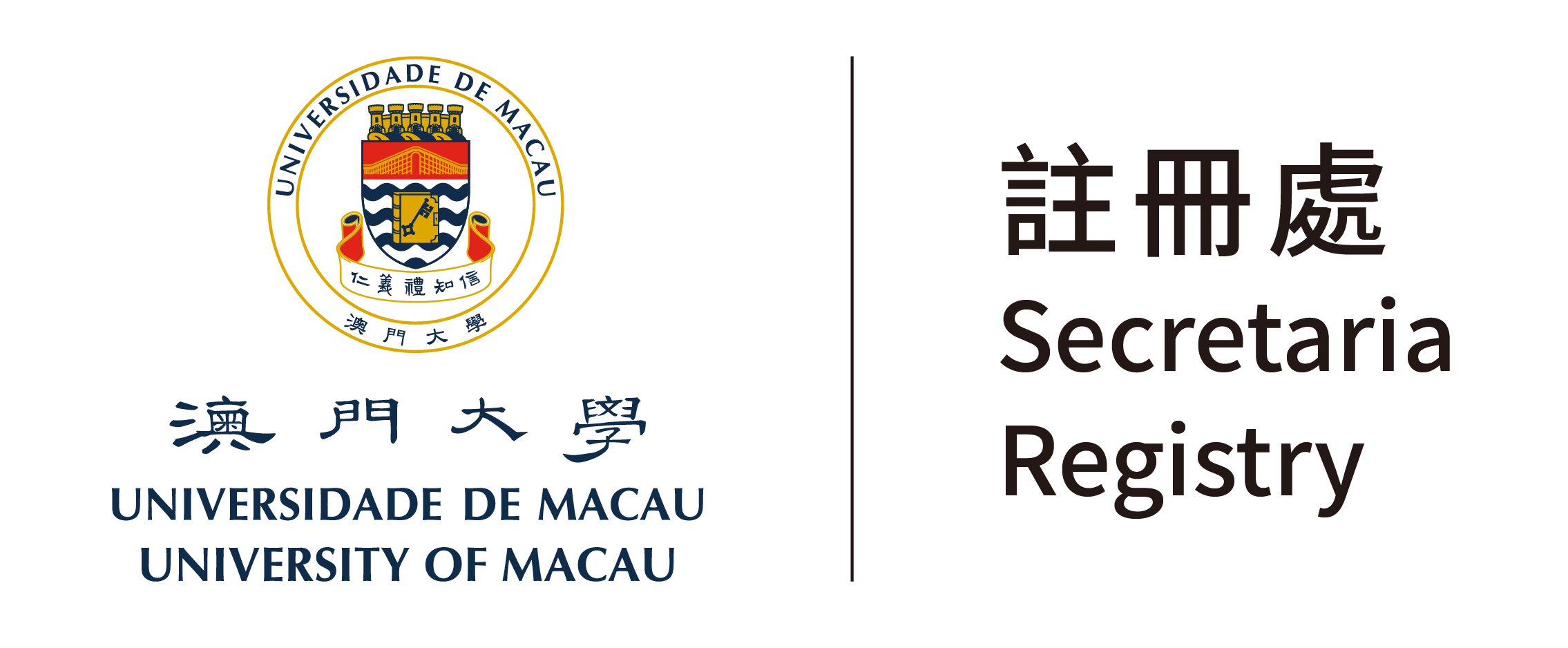(只提供英文版本)
The GE Programme is one of the key elements of the University 4-in-1 education model. It was introduced in the academic year 2011/2012 and has come to the end of its first cycle in the academic year 2014/2015.
A comprehensive review of GE Programme was conducted in 2014 and the review report was completed in early 2015. Based on the report, a revised GE Programme was developed with the following major changes:
- The areas will be reduced from 13 to 4 and they are:
- Global Awareness
- Literature and Humanities
- Science and Technology
- Society and Behaviour
- There is a compulsory GE course in each GE area and each area will have around 20 GE courses.
- Global Awareness – Macao and Chinese Civilization
- Literature and Humanities – Chinese Language and Culture
- Science and Technology – Quantitative Reasoning
- Society and Behaviour – Ethics, Values, Law and Society
- The credits for GE will be reduced from 36 to 24-27 and these credits cannot be counted towards other course types. Each Faculty/Programme will design its own distribution of GE courses among the four areas.
- In additional to the four compulsory GE courses, students are required to complete the remaining GE credits from the four areas according to the distribution requirement as decided by individual Faculty/Programme.

